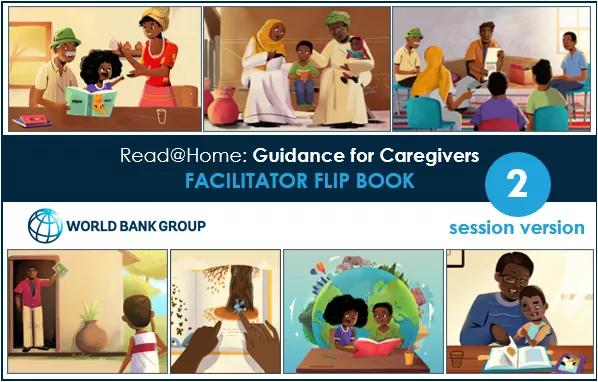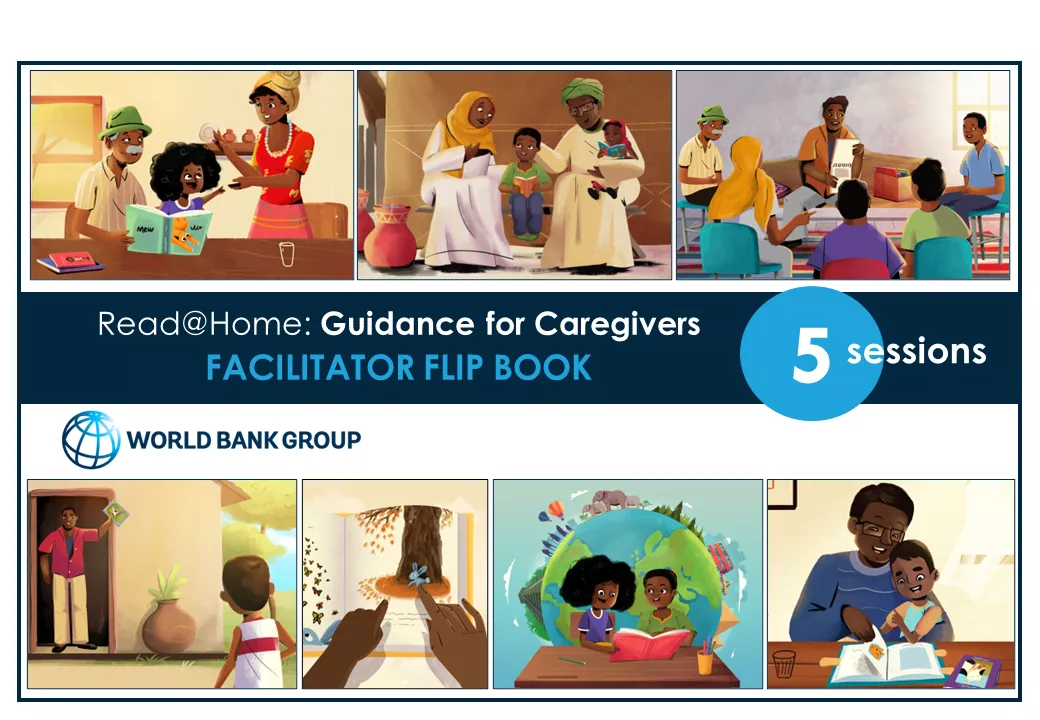The Association for the Development of Education in Africa (ADEA), through its Working Group on Books and Learning Materials (WGBLM), teamed up with the Global Book Alliance (GBA) to dialogue with African book industry stakeholders about publishing and use of materials in mother-tongue languages, and to come up with a way forward.
Search the site
With funding from the William and Flora Hewlett Foundation, and as part of its work on the early literacy ecosystem and open licensing, Neil Butcher & Associates (NBA) is conducting research into the successful sharing of alternative content creation and distribution models that harness open licensing.
With funding from the William and Flora Hewlett Foundation, and as part of its work on the early literacy ecosystem and open licensing, Neil Butcher & Associates (NBA) convened a small workshop, which brought together key players in early literacy in Africa.
Open Licensing and Publishing in Africa: What is open licensing and why is it topical to authors, publishers and illustrators? This presentation was created for the Association for the Development in Africa (ADEA) and Global Book Alliance Seminar on Open Licensing in Accra, Ghana on 2 September, 2018.
Openly licensed resources are ‘free’ to access, but there can be significant user, creation, adaptation, and production costs. The long-term sustainability of African publishing in local languages requires that these costs be met fairly and completely, using models that will encourage people to establish, grow, and sustain excellent content creation organizations.
Pragmatic Approaches to Open Licensing: Is revenue generation possible? This presentation was created for the Association for the Development in Africa (ADEA) and Global Book Alliance Seminar on Open Licensing in Accra, Ghana on 2 September, 2018.
These best practice quality recommendations for children’s books are a product of the public-private partnership of the REACH Project. They are intended for use by publishers during book creation, development, and production, as well as by purchasers and librarians for collection development.
If you are planning to translate a storybook from one language to another, then these recommendations are for you. They offer helpful ideas on how to ensure the final story in the new language is high quality. A high-quality translation is one that was not necessarily translated word-for-word, but that retains the meaning and sensibility of the original story in the new language.


This flip book is designed to be used over two meetings with caregivers, with content divided into two sessions.


This flip book is designed to be used over three meetings with caregivers, with content divided into five sessions.
This paper was written for the 5th IBBY Africa Regional Meeting, which was held 29 August-1 September 2019 in Accra, Ghana. The conference took as its theme: the importance of illustrations in children’s books.
This paper was written for the 5th IBBY Africa Regional Meeting, which was held 29 August-1 September 2019 in Accra, Ghana. The conference took as its theme: the importance of illustrations in children’s books.
Openly licensed resources are ‘free’ to access, but there are significant creation, adaptation, production, and use costs. The long-term sustainability of local-language publishing requires that these costs be met fairly, using financial models that will enable people to establish, grow, and maintain effective content creation organizations.
This presentation was created for the Association for the Development of Education in Africa (ADEA) workshop in Nairobi on National Book and Reading Policies for Africa from 17th to 19th June 2019. The presentation addresses issues related to the cost of storybook creation and adaptation of storybooks.
This presentation was delivered delivered on 22 May, 2019 at the 3rd African Library & Information Association (AfLIA) Conference and 5th African Library Summit, held at the Weston Hotel in Nairobi, Kenya. The theme of the conference was ‘African libraries creating the Africa we want and achieving the Sustainable Development Goals’.
A key barrier to improving children's reading skills is limited or no access to textbooks and reading materials. An open education resource (OER) policy could help progress Early Grade Reading (EGR) efforts and is now a policy requirement for all United States Government-funded projects. Can stakeholders in the book production chain embrace an OER model, finding benefit in the approach for their businesses?
Restrictive copyrights can limit how likely reading resources are to be used, shared or repurposed, which significantly diminishes the potential impact of the materials. Donors and international organizations are increasingly investing in open educational resources, as they are interested in ensuring that educational materials reach the greatest possible number of learners, and that broad access to those material




